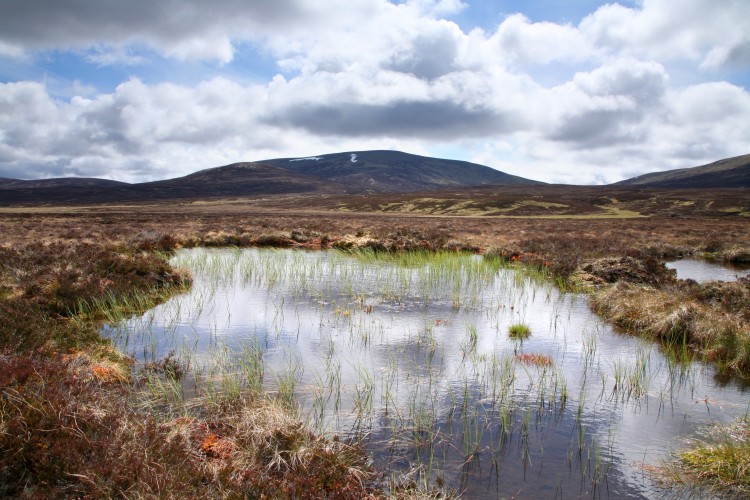
OPERAs is helping to create an Ecosystem Services community in Scotland
5 weeks ago I witnessed the launch of ESCom (Ecosystem Services Community Scotland) at the ECCI, Edinburgh. This two-day event brought together over 130 people working in science and policy and practice from various institutions including the Scottish Government, RSPB and also more local actors such as the Galloway and Southern Ayrshire Biosphere, to discuss and scope what they would like to gain from and contribute to ESCom. The founding fathers and mothers of ESCom have envisaged ESCom to support and enhance interaction between people working with ecosystem services in Scotland. It could be a community where those working in policy and practice can communicate their needs to ecosystem scientists to help researchers align their efforts with their needs. For the scientific community, ESCom is envisaged to become a space for communicating research in process, which will hopefully enhance the complementarity of investigated research questions and approaches, and minimize duplication of research efforts in the Scottish research-scape.
One of the emerging visions that arose during various discussions was the need for ESCom to widen its focus beyond the terrestrial Scotland, and entail both the marine and the terrestrial sector. The concept of ESCom is still work in progress, and will be further developed based on feedback from the launch event in the next meeting on June 23rd.
The Firth of Forth estuary will provide a test bed for OPERAs research applications
The ESCom launch was a particularly exciting for me, as I will begin my doctoral studies in University of Edinburgh this summer with Dr Meriwether Wilson and Dr Marc Metzger. I will explore how intertidal habitat restoration in the Firth of Forth estuary would influence the ecosystem services and biodiversity in the surrounding coastalscape. This study is a subcomponent of the Scottish Exemplar, and we hope to invite other project partners to our study site to test the tools that are being developed in OPERAs. RSPB and SNH are our local partners who will not only have an essential role in facilitating our research but also help us ensure that the hypotheses are aligned with the local policy and practice needs. The work for this summer will entail mapping and assessing the current status of saltmarsh habitats in the Inner Forth, and researching how these habitats have historically changed.
